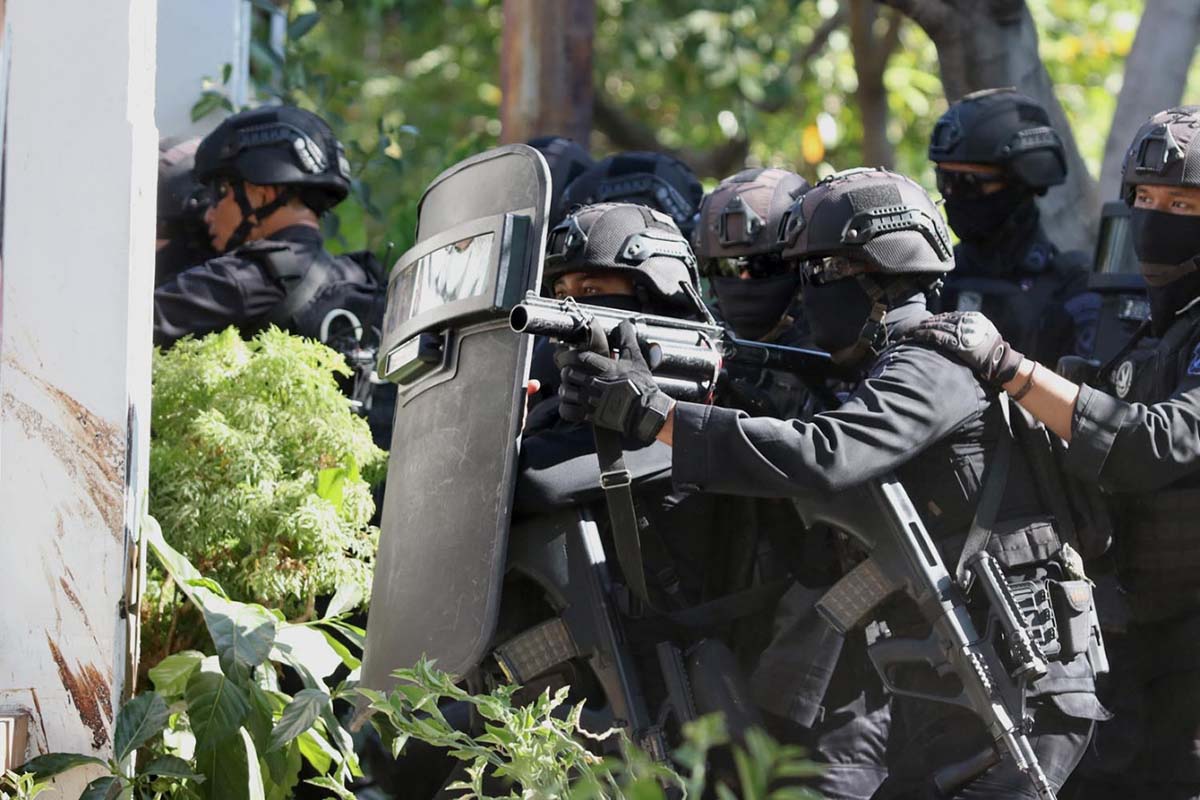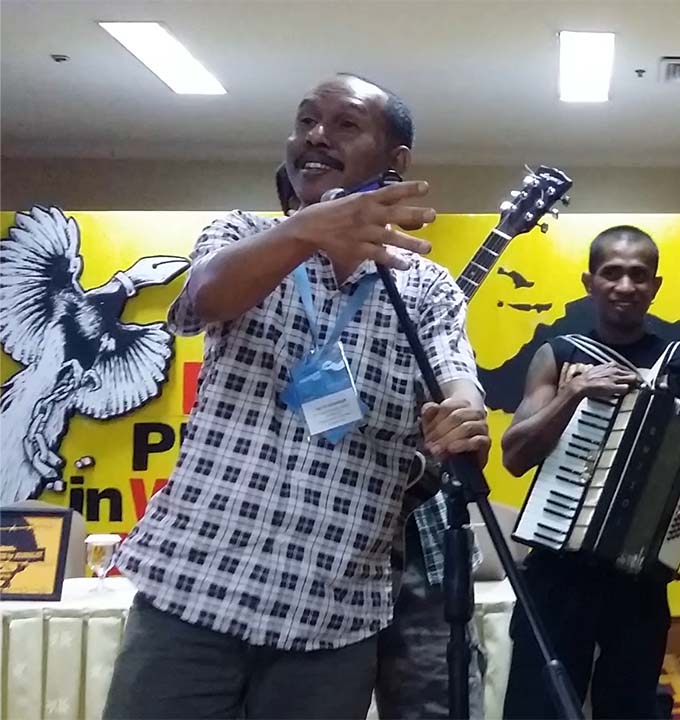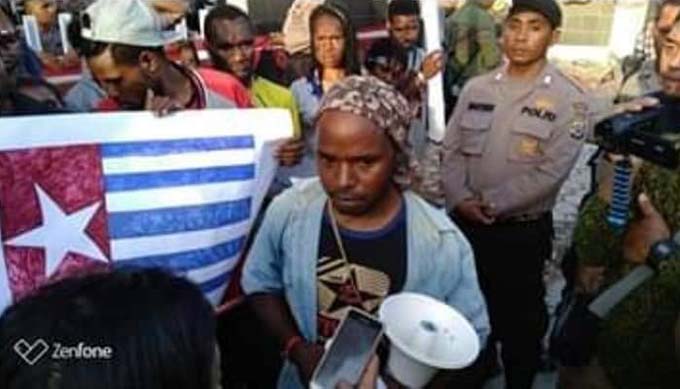
AUCKLAND (Pacific Media Watch): A West Papuan journalist, editor and media freedom advocate has lodged a protest to the United Nations about Indonesia’s internet blackout as more protests reportedly spread across the Melanesian region, including Wamena in the highlands.
Victor Mambor and Tabloid Jubi have made the protest with the help of human rights lawyers and he appealed through Pacific Media Watch for the Pacific media to “spread information about the appeal”.
Indonesian authorities claim the internet gag has been necessary to stem “fake news” which it blames for the rash of Papuan protests over the past week, with at least one death and dozens injured.
READ MORE: West Papua journalist faces intimidation, files appeal to UN
WATCH VIDEO: Protest video from Andrew Johnson
Mambor was himself the target last week of a hacker named “Dapur” who was accused by the Alliance of Independent Journalists (AJI) of maliciously “doxing” his social media web data.
The journalist group issued a statement saying that a fake Twitter account had “disseminated an unfounded attempt to discredit and intimidate” Mambor, who is a national organiser for AJI.
“We consider that what Victor has done through his media is the standard thing done by the media, which is to convey information as objectively as possible and publish it after going through a verification process,” the AJI statement said.
The AJI reminded social media users – and the security forces – that journalists carrying out their profession were protected by Press Law 40.
Hampered by blackout
Mambor said the ability of Papuan journalists to report on the protests had been hampered by the internet blackout.
RNZ Pacific reported earlier today that Victor Mambor had filed an urgent appeal to the UN Special Rapporteur on Freedom of Expression, David Kaye.
The Communications Ministry said blocking of the internet would continue until the Papua region was “absolutely normal”.
Mambor said the blockage violated international human rights law.
“When we talk about the ability of journalism to send the real true situation about West Papua,” he said.
“But now we cannot do it. There’s much information from the road. They send it to me, but we cannot clarify or cannot verify the information. There is a problem for journalism.”
The block has also restricted the people’s right to mobilise, RNZ Pacific reported Mambor as saying.

‘Discrimination against Papuans’
“I think it’s a kind of discrimination against West Papuan people. The authorities should look for perpetrators who say ‘monkey’ to our people. They should arrest them, not block the internet.”
Mambor said people could generally tell the difference between hoax and accurate news coverage.
His appeal, made through the human rights lawyers Jennifer Robinson and Veronica Koman, also claims the internet blocking fundamentally violates the rights of all West Papuans,” RNZ Pacific reports.
“We appeal to the UN Special Rapporteur, and to the UN Human Rights Commissioner Michele Bachelet, to raise our concerns with the Indonesian government about the military crackdown and internet blocking in West Papua,” Robinson said.
She also urged the UN to call on Indonesia to ensure that Mambor and West Papuan journalists were able to report “without fear of intimidation and harassment”.
The government has deployed 1000 extra military and police to Papua, as some of the protests turned violent.
Local media outlets have been restricted in their ability to send photographs and videos of the protests.

The Jakarta Post reports that legal experts have demanded the police prove that shooting tear gas and arresting 43 Papuan students at a dorm in Surabaya on August 17 without an investigation was “necessary” just because the police suspected there were “certain items” inside the dorm.
This was the incident that triggered the widespread protests.
East Java police spokesperson Frans Barung Mangera said on Friday in Surabaya that an internal police investigation carried out late last week revealed that none of the personnel had violated standard operating procedures by using tear gas.
The Paris-based Reporters Without Borders, New York-based Committee to Protect Journalists and other global media groups have demanded Indonesian authorities immediately restore internet access to Papua region.
The Pacific Media Centre has also condemned the internet blackout, with director Professor David Robie saying the authorities have “inflamed’ the situation with the ban by encouraging misinformation and rumours.
“Papuans, and indeed everybody, are entitled to free and unfettered information about the crisis and the reports of human rights violations,” he said.
The Guardian also reported on the expected further wave of protests in response to the racial slurs.
- Indonesia is ranked 124th out of 180 countries in RSF’s 2019 World Press Freedom Index.
- More West Papua stories



